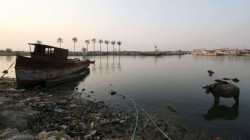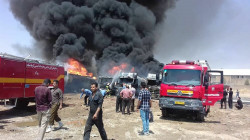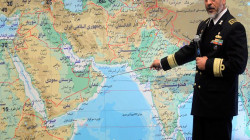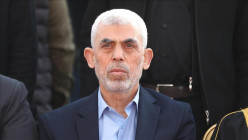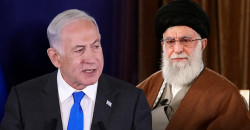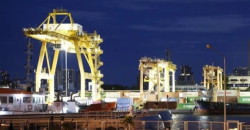US report: Iran asked Sudan to build a naval base on the Red Sea coast
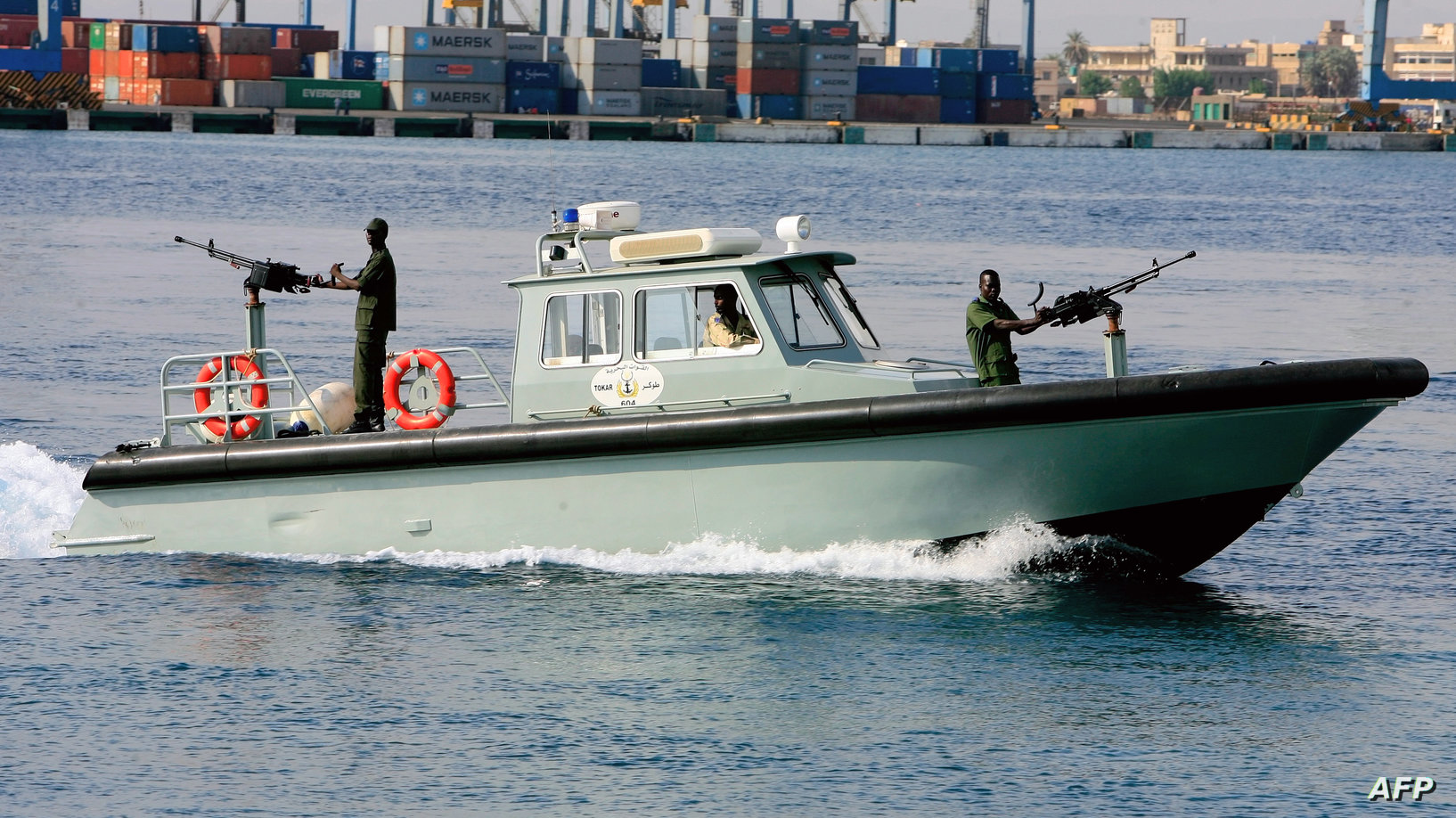
Shafaq News/ According to a Sudanese intelligence official, Sudan refused to let Iran set up a permanent naval base on its coast along the Red Sea. This would have allowed Iran to spy on the sea traffic between the Suez Canal and Israel, the official told The Wall Street Journal.
The official, Ahmed Hassan Mohammed, who advises the Sudanese army chief Abdel Fattah al-Burhan, said that Iran offered the Sudanese army explosive drones and a helicopter carrier in exchange for the base. He said: "The Iranians wanted to use the base to gather intelligence data.. They also wanted to station warships there". He added that Sudan rejected the Iranian offer to avoid angering the U.S. and Israel.
The Wall Street Journal could not get a comment from Iran's UN mission in New York.
The newspaper said that a naval base on the Red Sea would help Iran to increase its influence over one of the world's busiest shipping lanes, where Iran-backed Houthi rebels in Yemen attack commercial vessels.
Iran supplies more sophisticated weapons to its Houthi allies in Yemen, enhancing their ability to strike commercial ships and disrupt global trade despite weeks of U.S.-led airstrikes. A U.S.-led multinational force is also deployed to protect maritime traffic.
Sudan was close to Iran and its ally Hamas during the rule of former President Omar al-Bashir. But after he was ousted in a coup in 2019, the military council leader in the country, Abdel Fattah al-Burhan, moved closer to the U.S. to end international sanctions. He also moved to normalize relations with Israel, the newspaper said.
Iran's request to build a base in Sudan shows the regional powers' attempt to take advantage of the civil war that has been raging for 10 months in the country to gain a foothold in the country, which is a strategic link between the Middle East and sub-Saharan Africa with a coastline of over 600 kilometers on the Red Sea.
Mohammed said: "Sudan bought drones from Iran because we needed more accurate weapons to reduce the loss of human lives and respect international humanitarian law".
The explosive drones helped al-Burhan to recover from the losses he suffered against the Rapid Support Forces, according to regional officials and analysts who follow the fighting, who noted the army's success, in the last few weeks, in taking back key areas in Khartoum and Omdurman.
The fighting broke out in April of last year between the army led by Abdel Fattah al-Burhan and the Rapid Support Forces led by his former deputy, Mohammed Hamdan Dagalo. The conflict killed thousands and displaced millions and caused a humanitarian crisis.
About 25 million people, more than half of the Sudanese, need assistance, and 18 million of them face severe food insecurity, according to UN data.
The Biden administration accused both the Sudanese army and the Rapid Support Forces of committing war crimes. The U.S. also accuses the latter of committing crimes against humanity, including murder, rape and ethnic cleansing in the Darfur region of western Sudan.
UN officials criticized the Sudanese forces for the aerial bombing of civilian areas and depriving the Sudanese civilians of access to the much-needed humanitarian aid. UN agencies also accused the Rapid Support Forces of committing atrocities, including ethnically motivated attacks in Darfur.
The Sudanese army and the Rapid Support Forces denied the accusations of Washington and the United Nations.
In February, the U.S. expressed concern about the shipments of Iranian weapons to the Sudanese army.
John Godfrey, the U.S. ambassador to Sudan at the time, said that the reports of Iranian assistance to Khartoum were "very worrying and a great source of concern for us".
The State Department appointed on Monday Tom Perriello, a former congressman, as a special U.S. envoy to Sudan.
The Wall Street Journal reported in October that Egypt also supplied the Sudanese army with drones and trained the forces on how to use them. It reported in August that the UAE, in return, sends weapons to the Rapid Support Forces.
An unpublished report prepared by UN investigators and reviewed by the magazine provided details of shipments of Emirati weapons to the Rapid Support Forces
Abu Dhabi denies conducting any such deliveries. Egyptian officials said that Cairo does not side with any party in the conflict and works to end it.
